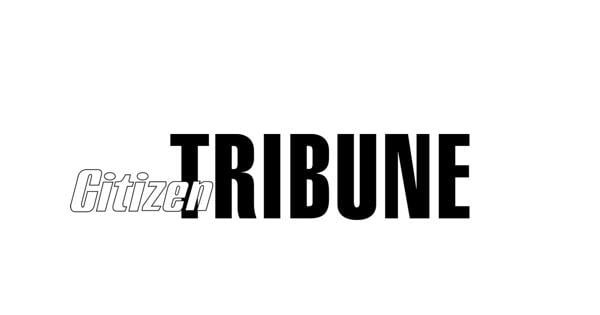The digital landscape is undergoing rapid and profound transformation, with advancements in artificial intelligence, shifts in the global job market, and critical developments in online safety continually reshaping our lives. From the creative industries grappling with AI’s pervasive influence to legal battles over platform accountability and ambitious forays into space, technology remains at the forefront of global discourse, driving both innovation and complex challenges.
One of the most captivating facets of this digital transformation is the emergence of AI technology in music creation. Tools like Suno and Udio now empower individuals to generate complete songs with simple prompts, blurring the traditional lines between human and synthetic artistry. This has sparked considerable debate among listeners, with some embracing the novelty while others express a strong desire to discern the origins of the music they consume. Identifying AI-generated tracks often involves looking for a band’s social media presence, concert listings, or official record label releases, while platforms like Deezer have begun flagging such content directly.
However, the rapid evolution of AI technology presents a formidable challenge in this discernment. As algorithms become more sophisticated, their outputs increasingly mimic human creativity, making it progressively harder for even trained ears to differentiate. This continuous advancement underscores the complex interplay between human ingenuity and artificial intelligence, pushing boundaries and redefining what constitutes “original” artistic expression in the modern era.
Beyond the creative sphere, the tech industry is also navigating significant shifts in its tech job market. A recent report from Indeed revealed a substantial 36% decrease in tech job postings compared to early 2020 levels. While AI technology is undoubtedly a contributing factor, it’s not the sole cause; the end of a pandemic-era hiring boom, which coincided with the debut of generative AI tools like ChatGPT, has complicated the narrative. Many tech CEOs have publicly attributed layoffs to AI, aiming to signal increased efficiency to investors, yet economists suggest that while AI may displace some roles, it is also poised to create new opportunities, particularly impacting entry-level positions aligned with AI’s core strengths.
Meanwhile, the realm of online safety continues to be a battleground, as evidenced by a landmark ruling in Australia against X Corp. An appeals court decisively rejected X’s challenge to a directive requiring the company to disclose its handling of child sexual exploitation material on its platform. This ruling underscores the escalating global demand for greater accountability from major tech companies regarding harmful content, sending a clear message that mergers or corporate restructuring do not absolve platforms of their responsibility to protect users and cooperate with regulatory bodies.
Innovation extends beyond software and platforms into the physical frontiers of space exploration. Australia recently witnessed an attempted orbital launch by Gilmour Space, marking the first time an Australian-made rocket endeavored to reach orbit from the nation’s soil. While the Eris rocket experienced a crash merely 14 seconds into its flight, the attempt itself signifies a pivotal moment for Australia’s burgeoning space capabilities and highlights the inherent risks and monumental challenges involved in developing advanced aerospace technology, even as the company expresses satisfaction with achieving liftoff.
In the domain of cybersecurity and digital convenience, Microsoft Authenticator users are facing changes to the app’s functionality. The popular multi-factor authentication tool is discontinuing its password management features, requiring users to transition their stored passwords to the Edge browser by August 1st. While the app will retain its core authentication services for passkey-compatible platforms, this strategic pivot emphasizes the company’s efforts to integrate password management deeper within its browser ecosystem, prompting users to adapt their digital security practices.
Collectively, these diverse developments — from the creative impacts of AI technology and the evolving dynamics of the tech job market to crucial advancements in online safety and the ambitious strides in space exploration — paint a vivid picture of a rapidly evolving digital world. Staying informed about these multifaceted changes is crucial for understanding the challenges and opportunities that lie ahead in our increasingly interconnected and technologically driven society.






Leave a Reply